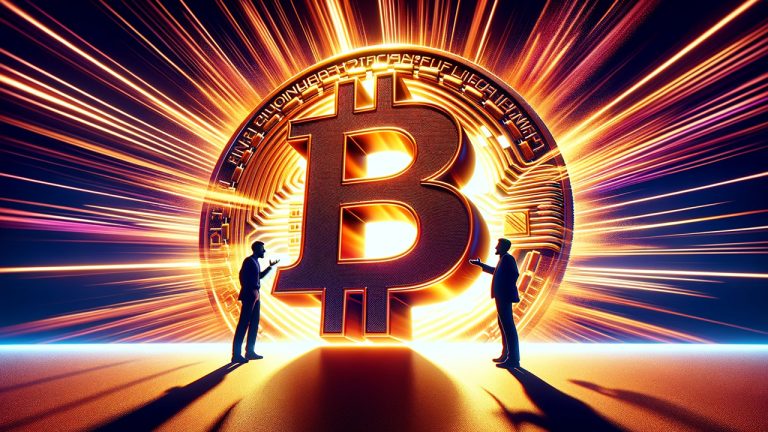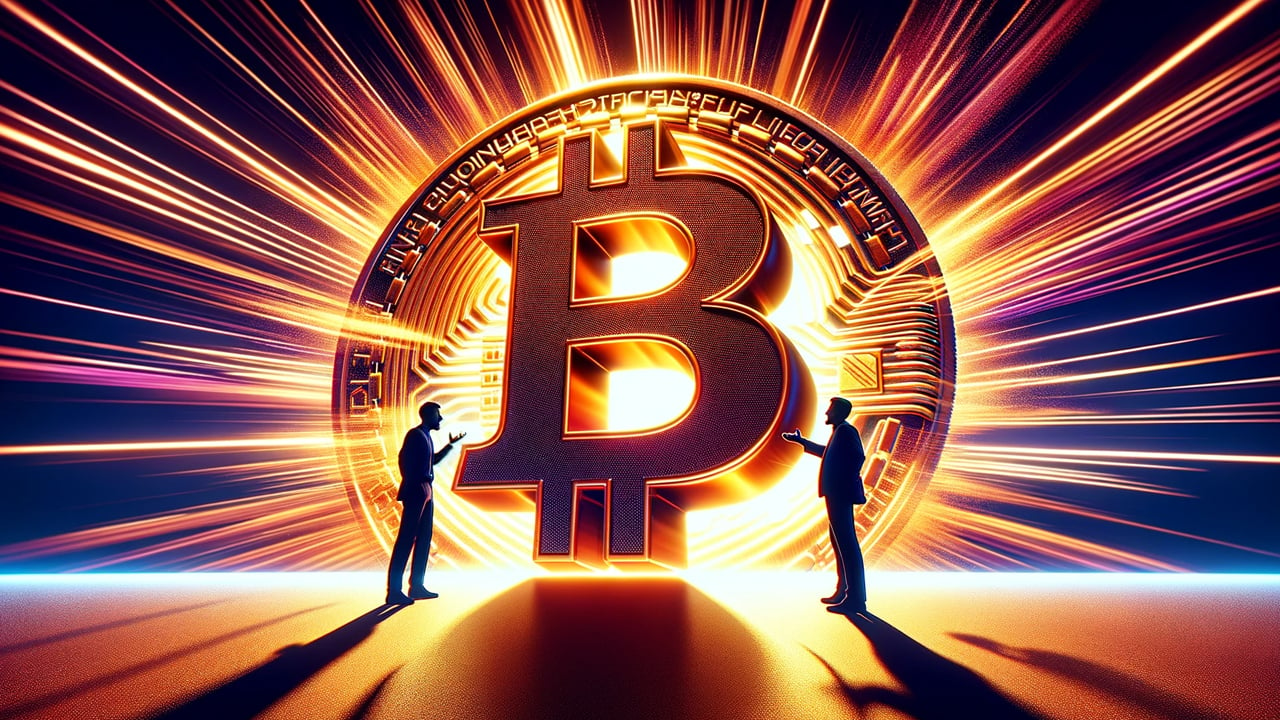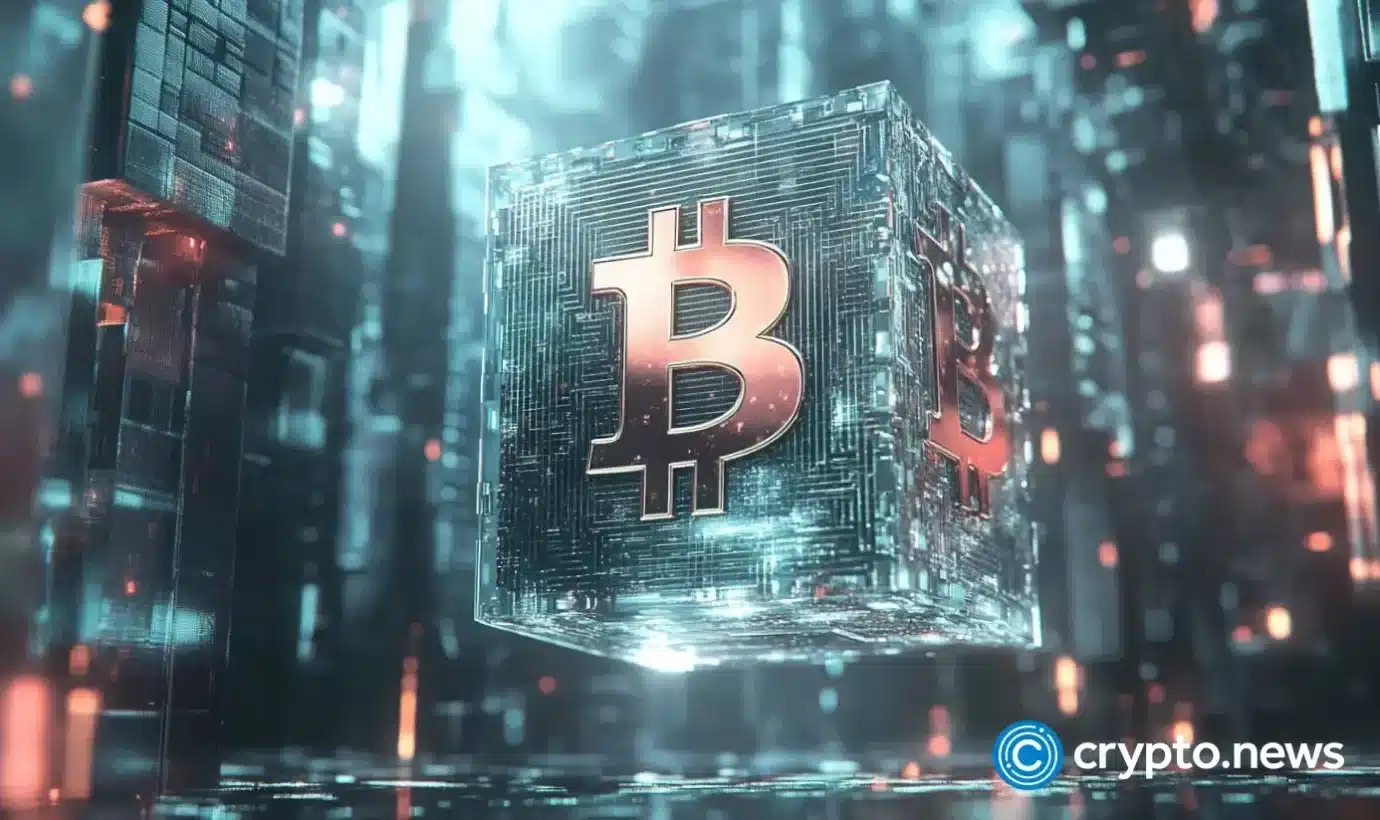
On Friday, Jan. 5, 2024, the debate surrounding Bitcoin developer Luke Dashjr’s proposal to restrict all varieties of data-bearing transactions concluded as the topic veered into “controversial” territory. Bitcoin Core custodian and Blockstream staff member Andrew Chow terminated the Github dialogue, marking it as a “stalemate discussion.”
Intense Dispute Over Bitcoin’s Data-Carrying Transactions Culminates in Discussion Lockdown
The recent surge in Bitcoin Ordinal inscriptions has riled up the developers responsible for the protocol’s codebase. In September 2023, Luke Dashjr spearheaded a new pull request (PR) named “datacarriersize: Match more datacarrying.” In essence, the proposal aims to amend the datacarriersize parameter in Bitcoin to cap all varieties of data-bearing transactions. Dashjr, along with the proposal’s supporters, contend that Bitcoin’s code inherently curbs spam, and this PR is merely extending an existing datacarriersize restriction to another type of data.
Following its introduction, the proposal elicited a wide array of responses, with some individuals expressing approval of the idea while others firmly believed it to be fundamentally flawed. Peter Todd remarked that the “transactions targeted by this pull-req are a very significant source of fee revenue for miners.” Todd added that it is unlikely that bitcoin (BTC) miners would give up the revenue. “Censoring those transactions would simply encourage the development of private mempools – harmful to small miners – while making fee estimation less reliable,” Todd emphasized.
Chris Martl offered a dissenting opinion to Todd’s argument, asserting that the primary impact would be on node operators who would face increasing expenses. “The transactions targeted by this pull-req. are a very significant source of prohibitive cost for regular node operators,” Martl contended. “It is very unlikely that regular node operators will give up mitigating that source of operative cost. Regular policy rule for these transactions would encourage the economical resource usage of mempools – not harming any miners – neither changing any fee estimation already on the field,” Martl explained.
Pieter Wuille, also known as “Sipa,” disagreed with Dashjr’s proposal and argued that it did not serve the interests of Core’s software users. Wuille said that engaging in transaction relay and maintaining a mempool is crucial for forecasting upcoming block compositions. Willfully omitting transactions, despite their “clear (however stupid) economic demand,” undermines this predictive capability, without even negating the necessity to validate them upon mining. Wuille added:
I believe the demand for [block space] many of these transactions pose is grossly misguided, but choosing to not see them is burying your head in the sand.
The debate intensified, with numerous voices asserting that these transactions did not constitute spam, while others vehemently argued the opposite. “It seems to me that the proposed change here is more harmful than beneficial,” Mark “Murch” Erhardt wrote in response to Dashjr’s proposal. “Except that most new node runners are Ordinals indexers, and inscribers. Ordinals are here to stay, fork off or accept it,” another person insisted. On Friday, Bitcoin maintainer and Blockstream employee Andrew Chow shut the conversation down.
“It’s abundantly clear that this PR is controversial and, in its current state, has no hope of reaching a conclusion that is acceptable to everyone,” Chow said. “At this point in time, I see no reason to leave this open and to continue to send notifications for the constant back-and-forth stalemate discussion.” The discussion was then locked for being “too heated and limited conversation to collaborators.”
As the dust settles on the intense debate around Dashjr’s proposal to limit data-bearing transactions in Bitcoin, the development community stands divided. With voices raised high from both supporters and detractors, the conversation’s abrupt closure by Chow underscores the complexity and passion embedded in Bitcoin’s ongoing evolution. The discussion, though halted, leaves an indelible mark on the narrative of Bitcoin’s development and the diverse community that surrounds it.
What do you think about the discussion concerning Dashjr’s proposal and the conversation getting locked over being too heated? Share your thoughts and opinions about this subject in the comments section below.





